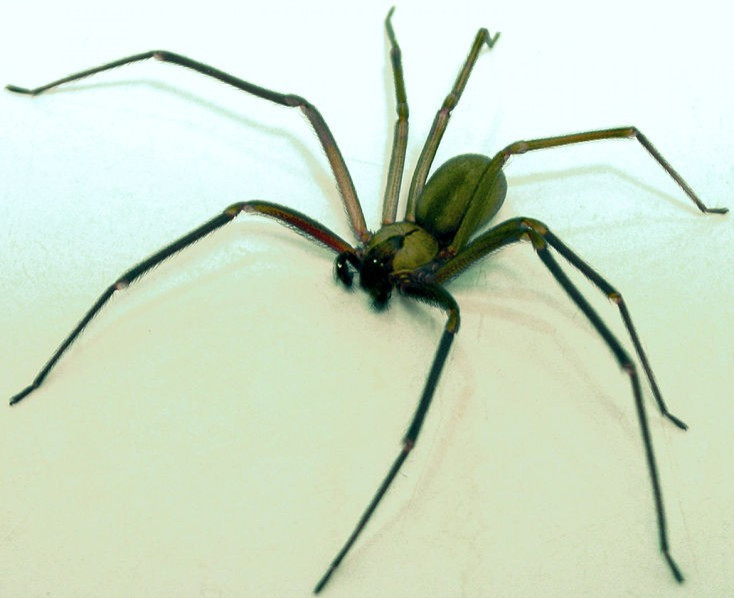Brown Recluse Spider Bite Nearly Blinds Texas Student Nikki Perez

Nikki Perez was waiting to catch a flight at the Amarillo Airport in Texas when North America's deadliest spider, the brown recluse, sunk its venomous fangs into the back of her neck. Over the next few days the her face swelled up to nearly twice its size, shutting one of her eyes, and her right ear began to rot off.
I was going blind ... it was terrifying, Perez told the Daily Mail. It was spreading all over my head, which actually felt like a bit of a relief as the pain was so concentrated behind my ear.
Perez, 21, a student at Texas Christian University in Fort Worth, was travelling with her boyfriend and his mother last September when she was bitten.
I felt a nasty pinch when I touched my neck, Perez told the Mail. Next, I felt something crawling over my face and over my eye. I yelled for [my boyfriend] to help me, and when he saw the spider crawling over my face, he swatted it to the floor, and stamped on it.
It just so happened that her boyfriend's mother was a nurse, who knew something was wrong when she inspected the bite. It became clear that Perez would need medical attention when she identified the spider as a brown recluse by the fiddle-shaped mark on its back.
A bite from a brown recluse can be deadly, Janet Kempf, an arachnologist with the Natural History Museum in Los Angeles, told the Mail. They also cause a wide range of debilitating symptoms from vomiting to rashes and in some cases, a lesion that can become necrotic, or rotten, and has to be removed.
Perez spent four days in the hospital receiving steroids through an IV to bring down the swelling. She was informed that some of the skin tissue on her face might become necrotic as a result of the spider's deadly venom.
After she was released, part of her right ear began to rot. Perez had an operation to remove the dead tissue and received a skin graft to repair her ear. She was considered lucky as the necrosis was limited to just a part of her ear. Death by the brown recluse's bite typically occurs among the very young or elderly.
The brown recluse is native to the Southeast and parts of the Midwest, but according to some scientific studies, the poisonous arachnid is likely to spread out into new areas in the near future as climate change creates warmer habitats for it to populate.
© Copyright IBTimes 2024. All rights reserved.





















